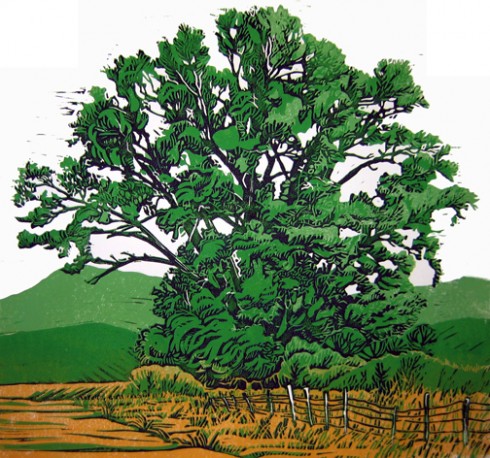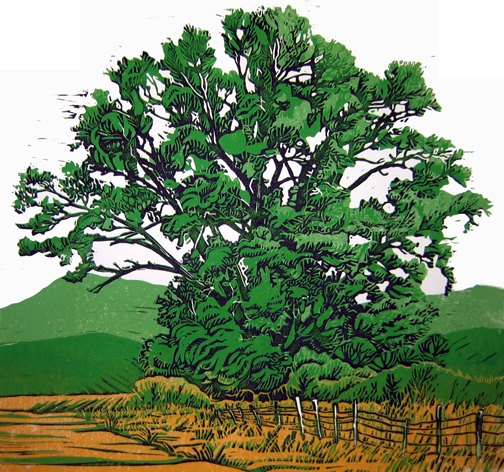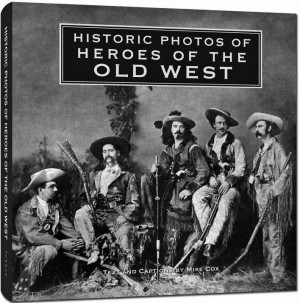by Jacque Fisher
The ancient cottonwood had stood alone for a century or more on the valley floor, its roots pushing deep into the arid soil in search of water. The venerable tree had weathered drought, storms, and time. Anchored to the earth, it stood as a solitary sentinel, greeting passersby for decades and outliving them. Perhaps the Utes had paused beneath its shade and blended their soft voices with the dry rattle of gray-green leaves. Maybe a farmer, tired from the morning’s plowing, had sought the coolness the expansive tree offered and eaten his lunch in the cottonwood’s company. Red-tailed hawks, hungry and sharp-eyed, had perched imperiously on the great tree’s outstretched arms, waiting patiently for the next mouse or rabbit whose belly was full of the warm sweet grass that sprang from the same hidden source as its towering cousin.
Water – everything starts and ends with water. Water – the life force of everything seen and much that is unseen. Water – that ‘liquid gold’ that turns into blades of grass and wheat fields and the trunks of trees, and becomes the blood and flesh and bone of mice and hawks and man – courses through the veins of the Western landscape and all who inhabit it.
From a mile or more away, I begin to look instinctively for the familiar landmark, with the full and painful knowledge that I will not find it. The great cottonwood no longer throws its shadow across this stretch of road that has run, for years, like a ribbon beneath its spreading arms. Another, newer, swath of earth parallels the road on which I drive. The fresh scar marks the recent pipeline Nestlé Waters has buried to transport the fresh spring-fed water to tankers five miles distant.
The cottonwood was in the way.

I am closer and can see it now, its enormous body lifeless and prostrate, its roots and limbs a tangled slash pile at one end. My throat thickens. A single limb extends skyward from the trunk, like someone waving farewell, or a drowning person signaling one last time for help. I stand in the middle of the road and study the destruction, grieving silently for the fallen giant. The skies are dark, and a heavy layer of clouds lies on the valley floor like a shroud. Rain threatens to fall at any moment.
Then, slowly, imperceptibly, sodden clouds of gray become tinged with color. Shafts of liquid light in the western sky have pierced the clouds, and a rainbow gradually forms and arcs over the body of the great tree.
* * *
I do not expect to travel this back road again; the hole in the landscape – and my heart – is too great. The waters that once supported the cottonwood and countless other creatures whose lives had mingled in harmonious balance beneath and around and within the old tree have changed course. They flow in a new direction, channeled by corporate greed and exploitation of natural resources. They flow, instead, toward the mouths of millions of plastic bottles so that millions of men and women might conveniently sip the sweet nectar of spring water in their cars, at soccer games, and in board rooms, without ever getting their chins wet. A cottonwood must not stand in the way of supply and demand.
The rainbow fades and I return to my car. As I drive away, the rain that has threatened begins to fall. I take one final look at the remains of the old giant, my vision blurring. Yes, everything begins and ends with water.
Jacque Fisher teaches 7th grade language arts at Salida Middle School. During a recent two-week writing workshop for teachers, she rediscovered her own “writing voice.” “Cottonwood” was inspired by Wallace Stegner’s A Sense of Place.


Very nicely written. Unfortunately, I also have sad heart for some cottonwoods that were well over 100 years when they were chopped down (to add a turning lane). Sherrie’s art adds more poignancy to an already visual and moving piece. Thank you both!